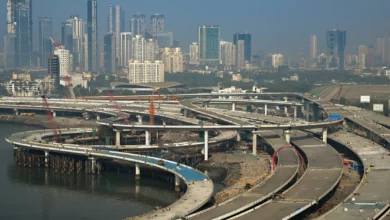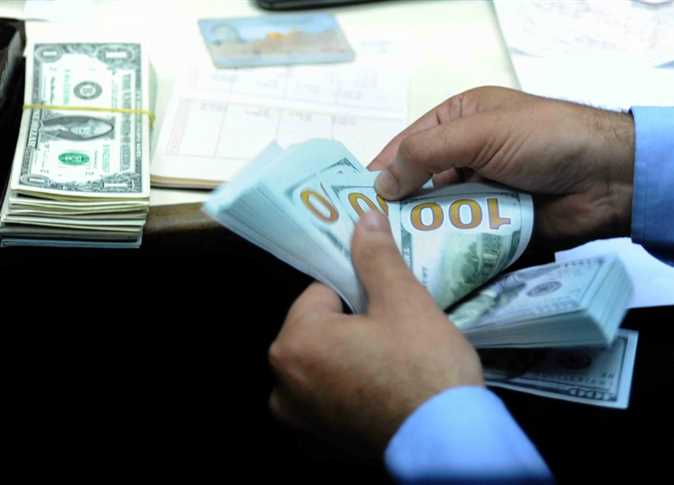Egypt’s army has put the country on a path to economic destruction.
Not only will foreign investors stay away from Egypt for at least a year, but the cabinet is going to fall apart and aid will be hard to come by.
The nation, now more vulnerable than at any time since Hosni Mubarak was deposed two and a half years ago, is on its own.
Promises of aid from the EU and US may now be delayed indefinitely. No one wants to be seen as supporting an illegitimate government that has sat back quietly as hundreds of Egyptians are massacred.
Of course, on one level, foreign aid is less important now given the $12 billion the interim government has been able to solicit from Saudi Arabia, Abu Dhabi and Kuwait. Western diplomats told Reuters that it would last less than a year, buying time for officials to iron out political issues.
But the events of the last 24 hours have destroyed any chance of political reconciliation and with another impending huge hit on tourism and foreign investment, Gulf money will run out fast.
The Gulf is not going to keep funding Egypt’s ballooning deficit, especially as the country keeps spending foreign currency at a rate of $1.5 billion a month.
Egypt’s so-called high-powered economic dream team are being weakened with every death on the street.
Not only has the resignation of Mohammed El Baradei totally undermined the government, but there are already rumours of others following in Baradei’s path, including the government’s chief economist and deputy prime minister, Ziad Bahaa ElDin.
So when Egypt inevitably runs out of cash in less than a year (if not a matter of months), there is only one place government officials will be looking to attract aid and that is from the same international donors, including the International Monetary Fund, African Development Bank and World Bank, it has ignored and asked to stay out of Egypt’s affairs.
Except this time, the negotiations for a loan will be tougher. Stricter conditions may be enforced for Egypt to prove it has what it takes to use aid to benefit the poorest Egyptians. No government has managed to prove that since Mubarak was overthrown in 2011.
Besides, the real reason Egyptian officials have avoided intense negotiations with foreign donors is because the government does not care about working in the best interests of the people. Meeting the conditions for those loans would entail too much politically contentious work. And what politician in their right mind would implement these controversial reforms? (No leader in 60 years of Egyptian history).
So maybe this time international donors should take heed of this request and leave Egypt to fail economically (there is already pressure on the US to cut military aid to Egypt – read Marc Lynch in Foreign Policy, the FT’s editorial, and the New York Times’ editorial for why).
Egypt is completely off track where it started off two and a half years ago. Maybe taking Egypt’s politicians, and particularly the army, off life support is just the shock the country needs after decades of dependence.
This story was originally published in Rebel Economy
Farah Halime is the editor of Rebel Economy, a blog focused on how Middle East economies are rebuilding after the Arab Spring




